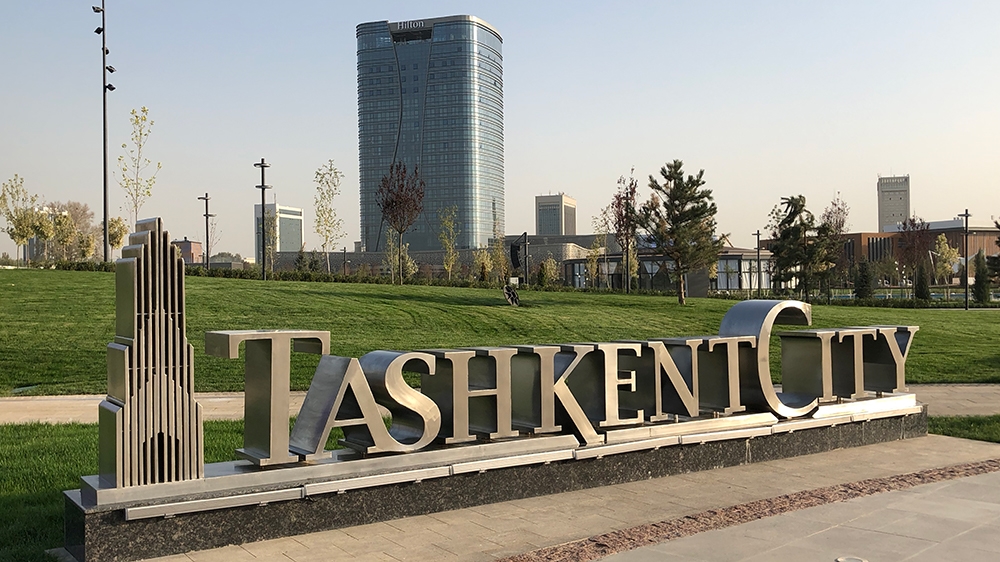Alarm as demolitions make way for new-look Uzbekistan

Tashkent, Uzbekistan - Located over 80 hectares (198 acres) of land in the centre of Uzbekistan's capital, "Tashkent City", a state-led flagship project, marks a new beginning in the country's history.
It includes a sky-high, glass-clad Hilton hotel, manicured green lawns leading to an enormous fountain, and artificial trees shaped into a veritable menagerie of animals.
Ever-present speakers play Western pop music from the 1980s and 1990s while workers rush to meet the opening date - when the first phase of the project will be revealed. It is a symbol of modernization, Uzbekistan's opening up to the world, foreign investment and forward thinking. In a couple of years, the remaining space will welcome an industrial park, business centers, luxurious apartments and a large shopping mall.
The new president's reforms have ended Uzbekistan's years of international isolation, helped liberalize the economy and made the first attempt to democratize the highly authoritarian system.
With these significant changes under way, the next step is building a new country in the literal sense: Demolish what does not fit in the framework of modern Uzbekistan, and construct anew.
In recent years, Uzbekistan, home to 33 million people, has become a large experimental construction site.
Sitting in his office facing Tashkent City, Sobirjon Hakimov, vice director in the Tashkent municipal assets management centre, smiles when asked if Tashkent planners have been inspired by Dubai's modern look.
"We're trying to build a place where people have good life, can take a good rest; we're building aquaparks, new roads in each area," he tells Al Jazeera.
"For the past two to two-and-a-half years, Tashkent has been going through a significant development period, large construction projects are under way.
"Old buildings are being demolished and new ones are being constructed to rebuild our city, to make it more beautiful, to attract investors and visitors."
Critics say the urge to remake the city comes at a cost. Following the government-sponsored demolition of an old "mahalla", a traditional neighbourhood, to make space for Tashkent City, city hall started handing out permissions to private developers to demolish old living quarters and replace them with high-rise buildings. Two-storey Soviet-era apartment blocks have fallen victim to the new wave of modernization.
Editorial of islom.uz portal





























